La Justification de Suzanne, by François-Guillaume Méneageot
Mindfulness can have a big impact on how we interact with others. When we are being mindful, we are also being kinder, more considerate, and more helpful. That’s part of the reason an individual’s presence can be so appealing to others.
But not being mindful has a big impact, too. When we are not abiding by the Golden Rule, we are acting unmindfully. After all, the Golden Rule is really a law: I treat others the way I treat myself, and the way I treat myself is (subconsciously, at least) the way I expect to be treated.
One way to discern whether we’re interacting mindfully or not is to look at our intentions: what’s motivating us to treat someone the way we do? Remembering, first and foremost, that mindfulness is about being in the present moment, then if our motivation has anything to do with a preconceived outcome, there must be an element of that interaction that is unmindful.
But wait, you say, every interaction has preconceived outcomes. And you may be right, but who do you know who is mindful all the time? When and if you identify that person, you have found a saint. Learn as much from them as you can. And notice how that individual never operates with an agenda outside of what we might call love; all they seem to want from any situation is greater joy for all concerned.
Why do you try to make people happy, for instance? Is it for the sheer sake of joy, or are you possibly hoping for some future reward? If it’s the latter, notice how that expectation interferes with your joy; notice how it interferes with your relationship with the other individual. Whereas, when you’re pursuing joy for the pure sake of joy alone, nothing seems to interfere with your joy, regardless of how others respond (although it often does appear to be contagious).
But even more importantly, how do you treat people when you’re pissed? See if you can make a list of five mean things you’ve done. Now, ask yourself for each one, Did I feel justified in acting that way at the time? Did you get five out of five? Certainly, we’ve all probably done mean things simply for the sake of being mean, and even then I bet you can find a justification (eg. I was angry at the time; I was trying to be funny, etc.). But what about all those times somebody ‘did’ something to you, so you did something back? You felt justified, right?
So here’s a question: if you were being truly mindful, could you feel justified? Remember, we’re talking about occupying the present moment. To feel justified, you require a past. How would each of those interactions on your list have turned out differently if you were somehow capable of not responding in a justified manner?
Now, take a look around you. Pick up a newspaper; turn on the news; listen to your neighbors yelling at each other; read some Facebook comments: everywhere you will find people attacking one another, and each and every one of them feels justified to act in the way they do.
Let’s aim to break the chains of justification. Let’s make an effort to notice when we feel justified, and at the moment we notice, to stop and practice a little bit of mindfulness, to invite a little bit of presence into our lives when we most could use it. You may want to try something like this:
- Close your eyes if you can;
- Focus on counting your breaths. Aim to silently count 15 of them, with each count on the subsequent out-breath. If you lose count, go back to one.
- Then just focus on your breath. Now you have found a present-moment focus, aim to stick with it for a few minutes. Notice how quickly your mind drifts away to other things (particularly the issue at hand), and every time you do, come back to the breath.
When you open your eyes and return to the real world, notice what—if anything—has happened to the justification you felt before. Has it been tempered at all? Has a realization come? Has a different course of action presented itself to you?
It’s entirely possible something like this has occurred, and entirely understandable from a mindfulness perspective, as well. When we are feeling justified, there is a lot of noise: our minds tick over at a great rate with all sorts of dialogues and plans. But peace comes from stillness. When we stop, when we get out of our own way, when we allow some silence, then the wisdom we hold deep inside is given the opportunity to reveal itself to us.
And every time this happens, a war is averted. And every time a war is averted, there is greater joy for all concerned.



